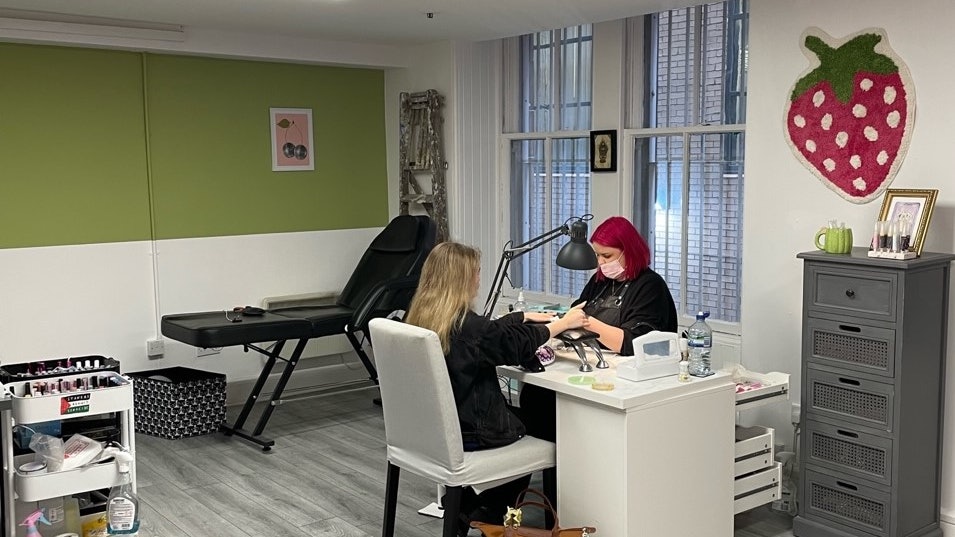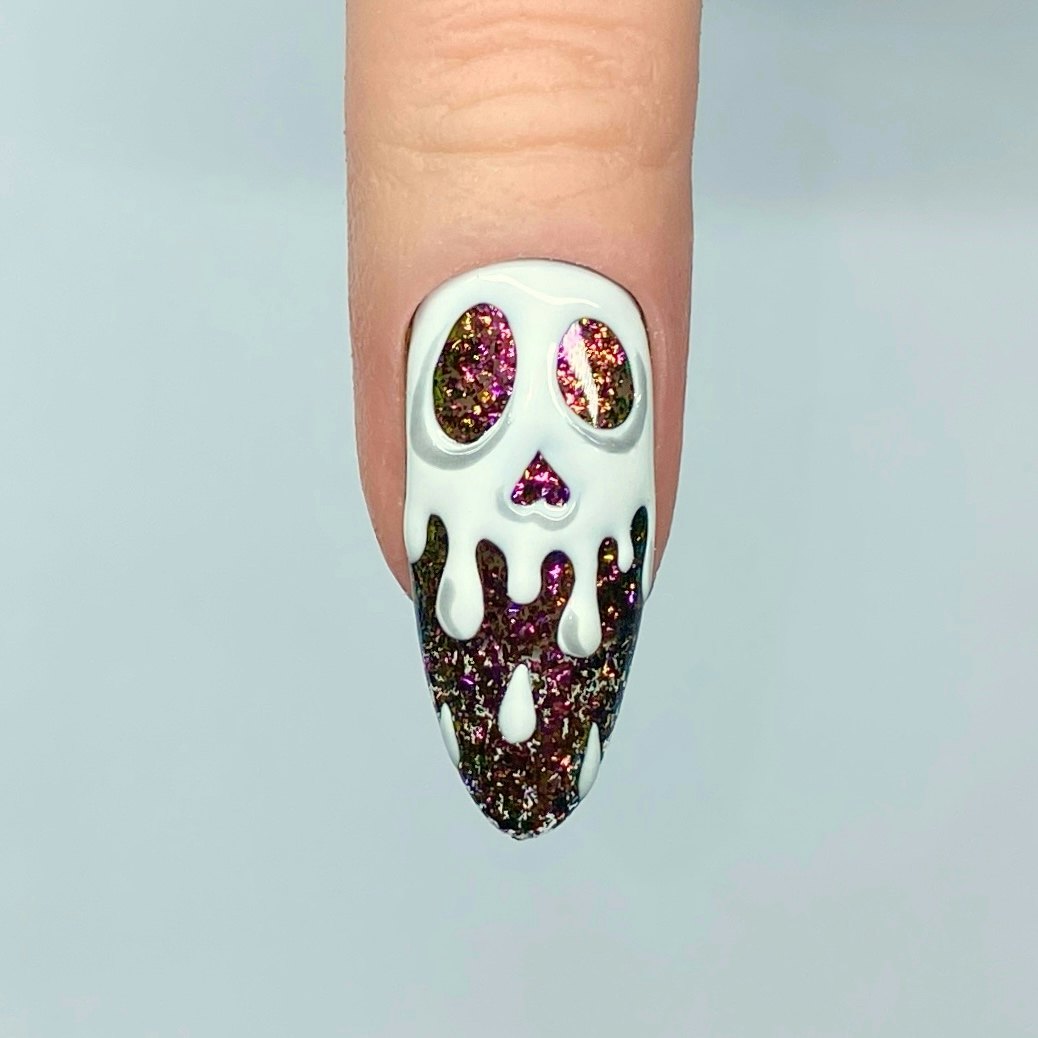Introduction
In 2020, amid the global pandemic, we witnessed a profound shift in our lifestyle habits, work environments, and our approach to self-care. With social distancing measures in place, the need for convenience and personalization skyrocketed. The wellness industry quickly adapted, embracing mobile services that brought self-care directly to our homes. This not only revolutionized how we approach our personal care but also highlighted the importance of flexibility in a rapidly changing environment.
The Rise of Mobile Wellness
Though mobile wellness services aren’t entirely new, their growth during the pandemic has made them increasingly prominent. From mobile nail services to virtual yoga classes, clients are now seeking convenience that allows them to maintain their self-care routines without stepping outside their homes. This trend has opened the door to innovation, giving rise to new business models while catering to consumer demands.
Convenience at Your Fingertips
Imagine a world where you can book a manicure while enjoying a cup of coffee in your living room or attend a guided meditation session with a renowned instructor from the comfort of your couch. Mobile wellness services eliminate travel time and allow individuals to seamlessly integrate self-care into their busy schedules. By making appointments accessible through smartphone apps or websites, these companies cater to the millennial desire for immediacy.
The Benefits of Mobile Services
Personalization
Mobile wellness services have shown remarkable versatility in their offerings. They allow for personalized services that can be tailored according to the client’s preferences. For instance, mobile nail technicians can create bespoke designs using a client’s favorite colors and patterns, while at-home personal trainers can adapt workout plans based on individual fitness goals. This level of customization fosters deeper connections between clients and service providers.
Health and Safety
The COVID-19 pandemic highlighted health concerns in public spaces, making mobile wellness a safer alternative. By bringing services to clients’ homes, businesses not only alleviate worries regarding germ exposure but also foster a more relaxed environment that promotes overall wellness. Clients can enjoy their pampering session while feeling secure in their surroundings.
Real-Life Applications of Mobile Wellness
Mobile wellness encompasses a wide range of services beyond just beauty treatments. The industry has diversified to include:
1. Mobile Spa Services
Mobile spas offer a complete experience, from massages to facials, delivered directly at a client’s preferred location. This service has gained immense popularity, especially for special occasions like weddings or birthdays, allowing for group experiences while maintaining safety.
2. Fitness and Yoga Services
Personal trainers and yoga instructors have adapted their businesses to bring fitness sessions directly to clients. Whether in-home training or outdoor sessions, the personalized experience has proven to be not just effective but also a great motivator for fitness enthusiasts.
3. Mental Wellness and Coaching
As the focus on mental health continues to grow, mobile wellness services have expanded to include mental wellness coaching and therapy sessions via telehealth. This flexibility allows individuals to seek help and guidance without the upheaval of attending traditional clinics.
Challenges in Mobile Wellness
Despite its growth, the mobile wellness industry faces unique challenges. Providers must ensure that they adhere to local health regulations and maintain high standards of hygiene. The reliance on technology means service providers need to stay updated with digital tools for bookings and client engagement. Furthermore, educating consumers on the safety and efficacy of these services remains essential.
Future Trends in Mobile Wellness
The future of mobile wellness is undoubtedly bright. As technology progresses, clients can expect even more personalized experiences with the integration of features such as:
1. Virtual Reality Wellness
As virtual reality (VR) technology advances, we may see immersive wellness experiences where clients can practice guided meditations or interactive workouts in a VR setting.
2. Artificial Intelligence Personalization
Utilizing AI, service providers can analyze customer preferences and behaviors to offer tailored recommendations and service enhancements that align with individual wellness journeys.
Conclusion
The transformation of wellness into a mobile model marks a significant shift in how we prioritize self-care. By breaking down barriers associated with traditional wellness services and enhancing convenience, the industry has injected new life into personal care routines. As technology continues to innovate and the demand for personalized services rises, the future of mobile wellness is positioned to thrive, enriching lives and transforming the self-care landscape.



